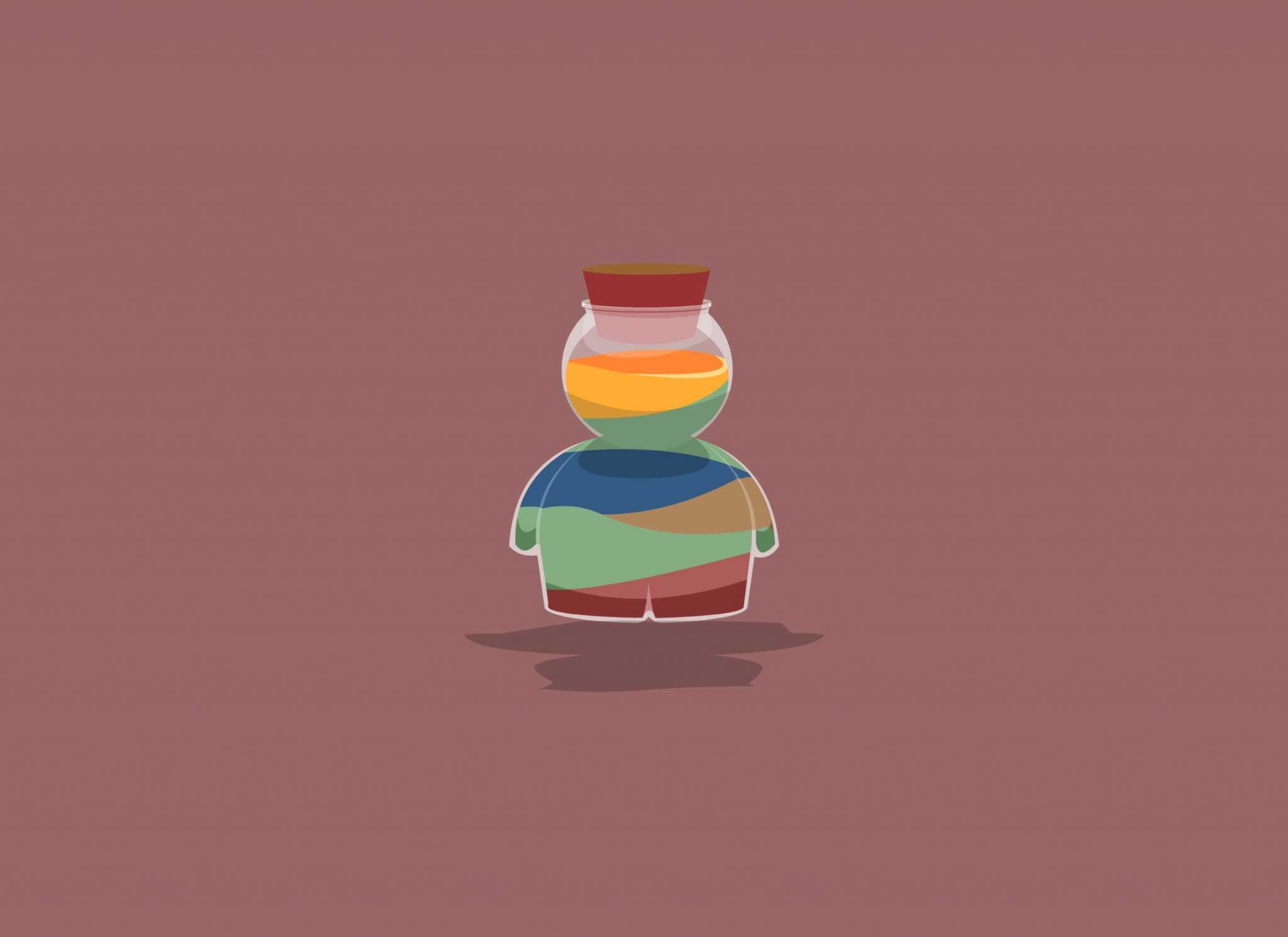Considering different identities within society


Democrat or Republican; Conservative or Liberal.
Party affiliation has become an incredibly important way of labeling yourself, a way to express your values and find a like-minded community. It has become an increasingly important aspect of one’s identity, much like ethnicity, religion, sexual orientation or gender.
However, party identification isn’t the only aspect of identity that has gained traction in recent years. As fighting between different religious and ethnic groups has become frighteningly common, and the LGBT community has begun to recognize more individualized conceptions of gender, how people identify themselves has become increasingly important.
This newfound emphasis on identity is likely not going to go away anytime soon, so it is important that we understand the implications of this, both in our everyday lives and on society as a whole.
Increased allegiance to certain aspects of one’s identity – such as religion, ethnicity, race, culture, socio-economic class, region, political values and party identification – has an important effect on our everyday lives.
It affects the media we consume, the conversations we have and the communities we join.
Perhaps most importantly, it affects the people we hang out with, because this increased allegiance has led to a parallel longing to be with people who have the same affiliations and can, therefore, better understand the unique challenges that come with that allegiance.
This is not necessarily a new or surprising revelation; people have always chosen their friends on the basis of common interests. Is it really such a shift to start making the selection on the basis of common characteristics instead?
Your individual identity is important, so the strong feelings that membership to certain identity groups evoke are completely understandable. However, you are greater than the sum of these aspects; they don’t come close to touching the complexities of your thoughts, feelings and relationships.
Maybe not, but it is one that has important implications. Some are positive: increased connection to one’s culture, increased interest in learning an ancestral language, increased sense of belonging to a community – religious or otherwise – and an increased sense of belonging and acceptance – and these should not be ignored.
The negatives, however, are more dangerous than people realize: alienation, the increased division between people, consuming media in an echo chamber – which happens when you are only only listening to reports that confirm your previously held beliefs – and even societal rejection.
For proof of the importance of this phenomena, look at the most recent American election: the Liberal echo chamber made Democrats soft while the alienated white working class went to the polls and the disenfranchised – the mathematical winners of the election – stayed home.
Increased specification of identities is generally seen within the LGBTQ community and it comes with its own challenges. On one hand, it is lauded within the community as a necessary increase in the lexicon that paves the way for people to express an important aspect of their self.
It is used to help people find an identity that fits their particular experience – or at least fits to a greater degree than the previous terms did – which is a seemingly positive development.
On the other hand, certain new terms have been seen as too specific, confusing, jargon-like, etc. and this has created a vocal opposition to their use and to other practices within the LGBTQ community as well.
This backlash is real, and my assumption is that it is rooted in a very real fear: the loss of freedom of speech and the possibility of punishment for failing to use the appropriate pronouns.
Your individual identity is important, so the strong feelings that membership to certain identity groups evoke are completely understandable.
However, you are greater than the sum of these aspects; they don’t come close to touching the complexities of your thoughts, feelings and relationships.
Before anything else, you are you.


